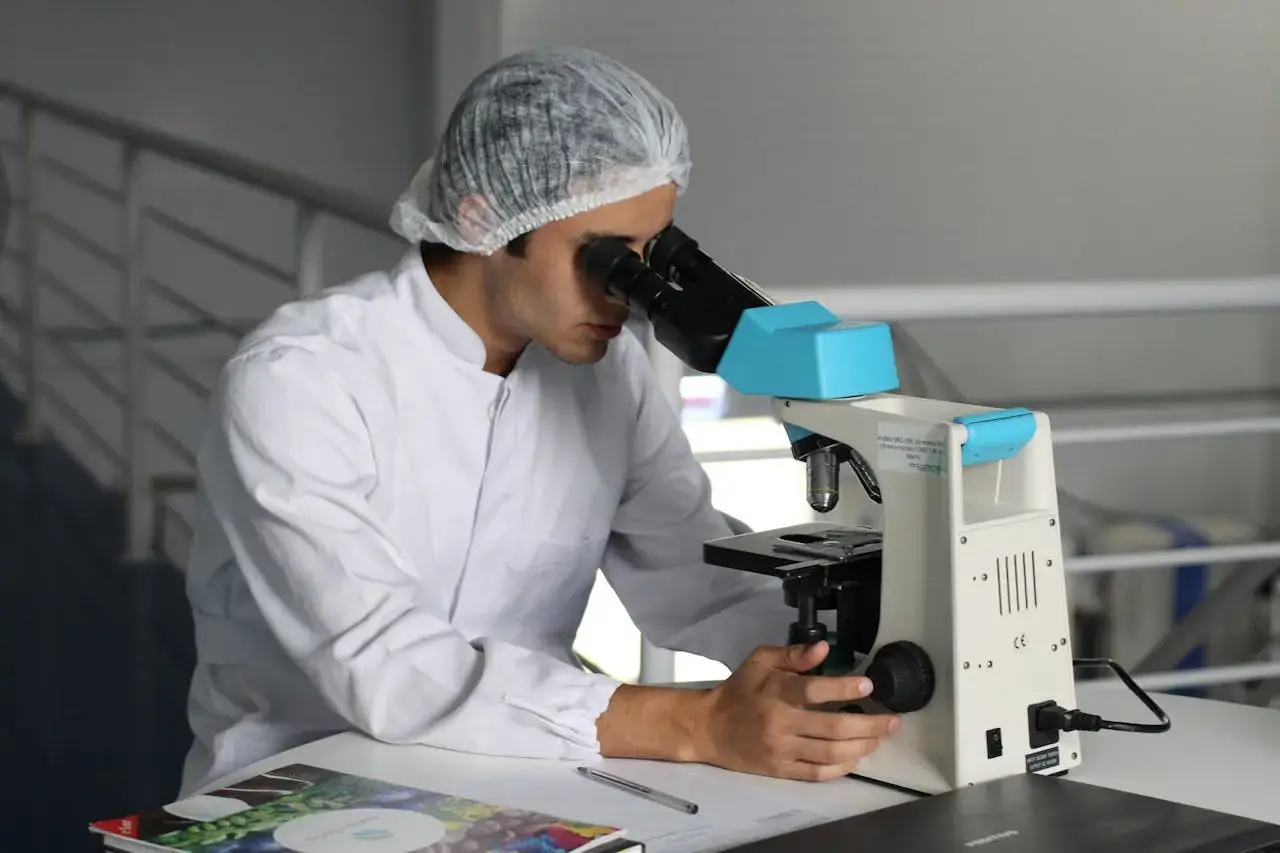
Iran’s Healthcare System: Developments and Future Prospects
Iran’s healthcare system has witnessed significant developments in recent times, with a renewed focus on higher education institutions and cultural bonds playing a crucial role in shaping the nation’s health sector. According to Bahram Ainullahi, a strong cultural bond is essential to support the younger generation of scientists and scientific elite in Iran’s health sector.
Investment in Human Capital
The Iranian government has recognized the importance of investing in human capital, particularly in the health sector. The country has made significant strides in increasing the number of medical schools and universities, resulting in a substantial increase in the number of medical graduates. In 2019, Iran had a total of 45 medical universities, with over 20,000 students enrolled in medical programs. This investment in human capital is expected to address the shortage of medical professionals in the country and improve the overall quality of healthcare services.
Healthcare Infrastructure Development
Iran has also invested heavily in developing its healthcare infrastructure. The country has built several new hospitals and healthcare facilities, with a focus on increasing access to medical services, particularly in rural areas. The government has also launched several initiatives aimed at improving healthcare infrastructure, including the development of telemedicine services and the expansion of healthcare services to underserved communities.
Leadership Alignments and Dialogue: Key to Success
The Health Minister stressed key priorities for leadership representation at the Ministry’s headquarters. First, achieving leadership alignments across entities is crucial. Additionally, initiating dialogue between stakeholders is essential. Moreover, connecting the health system with seminaries is a top priority.This move aims to drive significant progress in the health sector. Furthermore, it seeks to enhance coordination and communication. Specifically, better cohesion is expected between the organization, the Ministry, and medical universities. Ultimately, this representation promises to unify efforts for an improved healthcare system.
A New Era of Cooperation
The Supreme Council recently approved establishing a representative body for the Supreme Leader at the Ministry of Health’s headquarters. Consequently, top officials attended the inauguration ceremony. These included directors of the Supreme Leader’s university representatives, the Minister’s deputies and advisors, as well as managers and employees.
This new development aims to usher in better cooperation and coordination within Iran’s medical infrastructure. Moreover, it will focus on enhancing healthcare services. Additionally, it strives to increase access to healthcare for all citizens across the nation. In summary, the representative body promises a new era of progress in Iran’s medical system.
Challenges and Opportunities
Despite the progress made, Iran’s public health system still faces several challenges, including a shortage of medical professionals, inadequate medical infrastructure, and limited access to healthcare services in rural areas. However, these challenges also present opportunities for growth and development. The Iranian government has recognized the importance of addressing these challenges and has launched several initiatives aimed at improving the healthcare landscape.
In conclusion, the establishment of the Supreme Leader’s representative body heralds significant growth for Iran’s healthcare system. This move underscores the importance of higher education institutions and cultural bonds. Consequently, the nation’s health sector expects a new era of cooperation and coordination.
As Iran continues making healthcare strides, promising prospects emerge for the health sector’s future. For instance, the representative body will drive development and progress. Additionally, it will foster collaboration between key stakeholders and entities. Overall, this initiative paves the way for an enhanced healthcare system benefiting all citizens.
